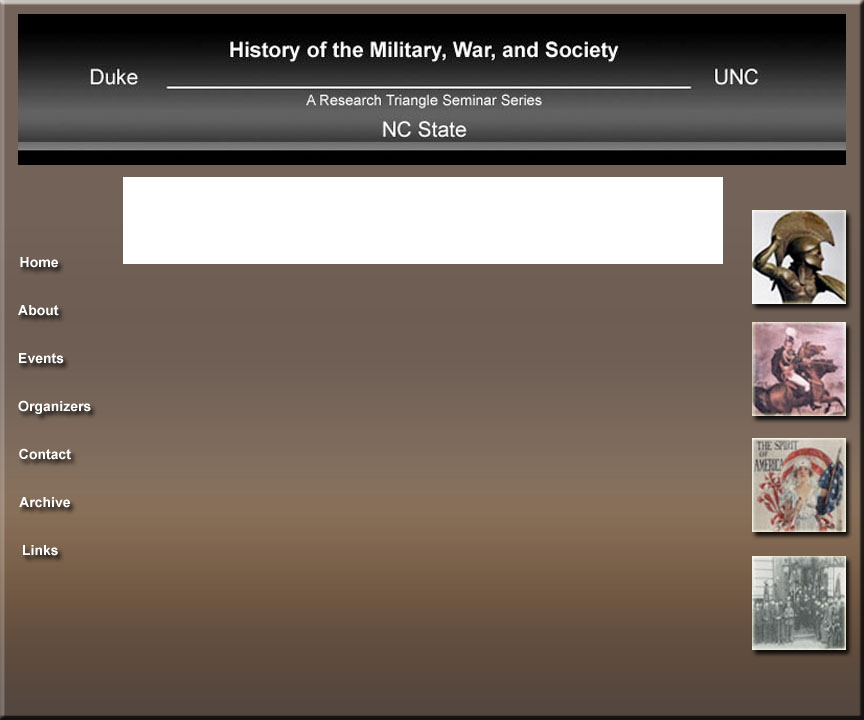
|
April 16, 2010 Robert Brigham (Vassar College) Counterinsurgency and Human Rights in Iraq According to some policy analysts, the U.S. Army/Marines new counterinsurgency field manual (FM 3-24) offers the most strategic approach to the global war on terrorism available within the U. S. government precisely because it revolves around the rights of foreign citizens. By making civilians the center of gravity in armed conflict, FM 3-24 builds the cost and requirements of human security and basic human rights into tactical and strategic operations. FM 3-24 also focuses on the small wars, or the political side of war, by looking at the way U.S. armed forces can win the ideological struggle against their adversaries. Supporters of FM 3-24 claim the “surge” represents the manual’s thinking, because it combines a successful feat of arms and modernization programs to win the people of Iraq to the government’s side. This paper argues that such positive reports might be premature. It is doubtful that the U.S. counterinsurgency strategy outlined in FM 3-24 has produced a human rights revolution. Furthermore, there is evidence that human rights violations among Iraqis are beginning to increase, suggesting that some of the worst political fighting may lay ahead. Robert K. Brigham is the Shirley Ecker Boskey Professor of History and International Relations at Vassar College. He is author of numerous books on U.S. foreign policy, including Iraq, Vietnam, and the Limits of U.S. Power (PublicAffairs, 2008) and Argument Without End: In Search of Answers to the Vietnam Tragedy (PublicAffairs, 1999), written with former Secretary of Defense Robert S. McNamara and James G. Blight of Brown University. Brigham is currently working on a book on U.S. foreign policy and human rights. Co-sponsored by the Triangle Institute for Security Studies |